April saw an increase in the level of activity for bids being submitted and awards being won with congratulations due to Schools/Faculty for winning research and consultancy contracts.
A large number of applications were submitted to the British Academy’s small grants scheme. Good luck to the applicants Ke Rong (BS) and Xiaosong Yang (MS), to Venancio Tauringana (BS), to Medhi Chowdhury, Jens Holscher and Dragana Radicic (all BS), to Hossein Hassani (BS), to Juliet Memery and Dawn Birch (both BS), to Carol Bond (HSC), to Hywel Dix (MS), to Lorraine Brown (ST), and to Sukanya Ayatakshi (ST) and Julie Robson (BS). These cover a variety of research topics, which include, but are not exclusive to, 3D printing; user generated online health information; therapeutic potential o f visiting memorials; the effects of Eastern European migration on local businesses in the UK; and women social entrepreneurs.
f visiting memorials; the effects of Eastern European migration on local businesses in the UK; and women social entrepreneurs.
For the Business School, in addition to the eight BS applicants listed above who have applied to the British Academy, good luck to Maurizio Borghi for his application to the Heritage Plus Joint Call (part of the Joint Partner Initiative on Cultural Heritage).
For HSC, congratulations are due to Clive Andrewes for his short course with the Strategic Health Authority. Good luck to Anthea Innes, Fiona Kelly (both  HSC), Damien Fay, Samuel Nyman, Jan Wiener (all SciTech), Donald Nordberg (BS) and Stephen Page (ST) for their application to the Alzheimer’s Society for a Doctoral Training Centre.
HSC), Damien Fay, Samuel Nyman, Jan Wiener (all SciTech), Donald Nordberg (BS) and Stephen Page (ST) for their application to the Alzheimer’s Society for a Doctoral Training Centre.
For MS, congratulations to Stephanie Farmer for her two consultancies with the Borough of Poole and with Breda University of Applied Science, to Liam Toms for his consultancy with McKenna Townsend PR, to grants academy member Janice Denegri Knott for her consultancy with SoGood Health, to Dan Jackson for his consultancy with Blue Rubicon Ltd, and to Iain MacRury for his two consultancies with Dorset Local Enterprise Partnership. Good luck to Georgiana Grigore and Rebecca Jenkins for their application to RCUK, and to Jamie Matthews for his application to the Japan Foundation Endowment Committee. A number of academics have submitted applications to the European Commission and so good luck to Julian McDougall for his application on ‘games for knowledgeable youth’, to Alexander Pasko, to Lihua You and Jian Zhang for their joint application, and to Peter Comninos for his application on creative emergent neurogaming.
Health, to Dan Jackson for his consultancy with Blue Rubicon Ltd, and to Iain MacRury for his two consultancies with Dorset Local Enterprise Partnership. Good luck to Georgiana Grigore and Rebecca Jenkins for their application to RCUK, and to Jamie Matthews for his application to the Japan Foundation Endowment Committee. A number of academics have submitted applications to the European Commission and so good luck to Julian McDougall for his application on ‘games for knowledgeable youth’, to Alexander Pasko, to Lihua You and Jian Zhang for their joint application, and to Peter Comninos for his application on creative emergent neurogaming.
For the Faculty of Science and Technology, congratulations are due to Jonathan Monteith for his two consultancies with Anesco and ESJA Properties Ltd, to Christine Keenan for her contract with the Higher Education Academy, and to Genoveva Esteban for her consultancy with Dorset Campaign to Protect Rural England. Good luck to Amanda Korstjens for her application to the European Commission, to Raian Ali, Keith Phalp, Jacqui Taylor and Sarah Williams for their application to RCUK on ‘addiction-aware computing’, to Genoveva Esteban for her short course to the Society of Biology, and to Christos Gatzidis for his application to the European Commission Erasmus+.
For ST, congratulations to Janet Dickinson for her successful AHRC project. Good luck to Jeff Bray and Sine McDougall (SciTech) for their consultancy to Which?,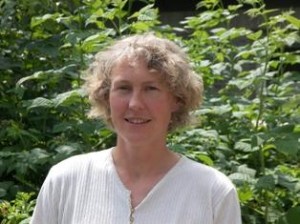 to Heather Hartwell for her application to COST – European Cooperation in Science and Technology and for her application to the European Commission, and to Dimitrios Buhalis and Alessandro Inversini for their application to the European Commission on ‘contextual game-based learning for tourism.
to Heather Hartwell for her application to COST – European Cooperation in Science and Technology and for her application to the European Commission, and to Dimitrios Buhalis and Alessandro Inversini for their application to the European Commission on ‘contextual game-based learning for tourism.








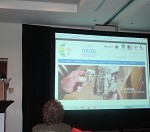
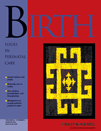
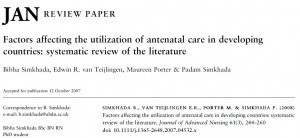
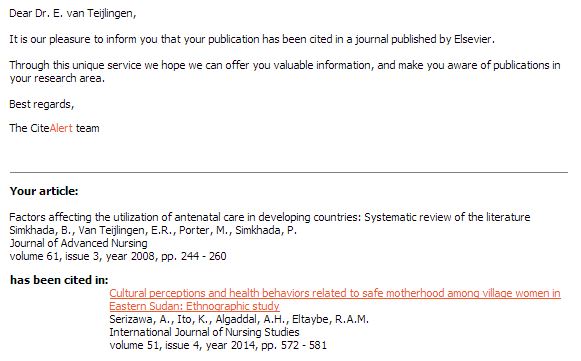






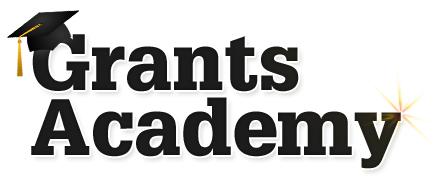












 Conversation article: London Marathon – how visually impaired people run
Conversation article: London Marathon – how visually impaired people run Horizon Europe News – December 2023
Horizon Europe News – December 2023